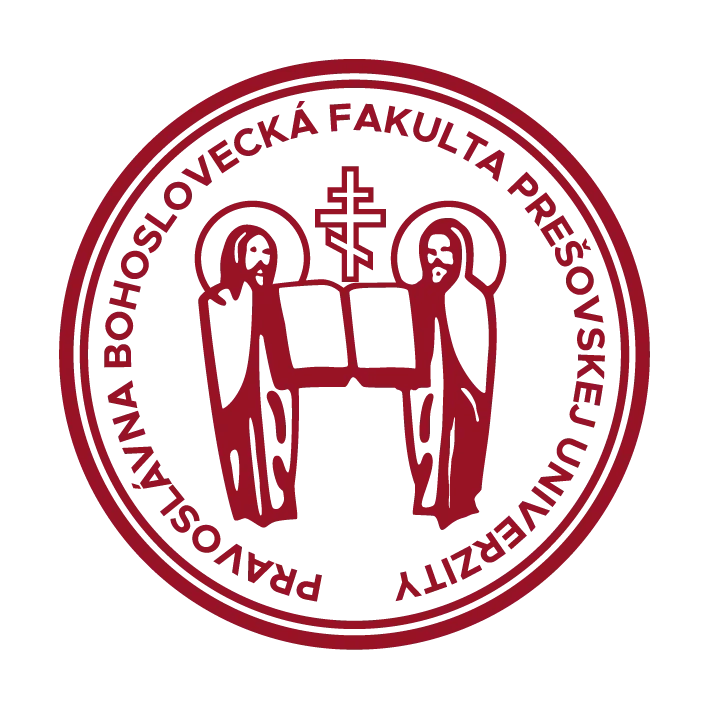KAZIK Miroslav - Acta Patristica, volume 8, issue 17/2017
THE PRINCIPLES OF PROTESTANT PEDAGOGIC THINKING AND EDUCATION
/ZAČIATKY PROTESTANTSKÉHO PEDAGOGICKÉHO MYSLENIA A ŠKOLSTVA/
Miroslav KAZIK
lecturer, Theological Faculty, University of Trnava in Trnava, Kostolná 1, 814 99 Bratislava, Slovakia, miroslaw.kazik@wp.pl, miroslav.kazik@tvu.sk, 00421903880425
Abstract
In the article we attempted to characterize pedagogical thinking and education in the period of the Reformation, beginning with the Czech reformation, with Jan Hus and the Unity of Brethren (Chelčický, Blahoslav, Comenius) to the world reformation of the German Reformation with Martin Luther and Philip Melanchton and the Swiss and French Reformation with Huldrych Zwingli and John Calvin.
Keywords
Jan Hus, Comenius, Philip Melanchton, Martin Luther, Huldrych Zwingli, John Calvin, education during the Reformation
SUMMARY
In our territory, the Czech and World Reforms are generally distinguished. In the Czech Lands their education was built by the Unity of Czech Brethren. Jan Amos Comenius culminate in the tradition of Hussite, the Unity of the Brotherhood and the Czech National Reformation Humanism. Adherents of the Reformation were against the worldly teaching and education at all. They pointed to the original character of the church, the founders of which were apostles, were simple, uneducated people. The adherents of the Reformation therefore reduced education to the most urgent, they limited it only to getting acquainted with the Bible and studying the Bible. They gradually realized that the new movement, if it is to grow and be influential, needs wider and deeper education, as well as a strong church and secular organization.
(Language: slovak)
